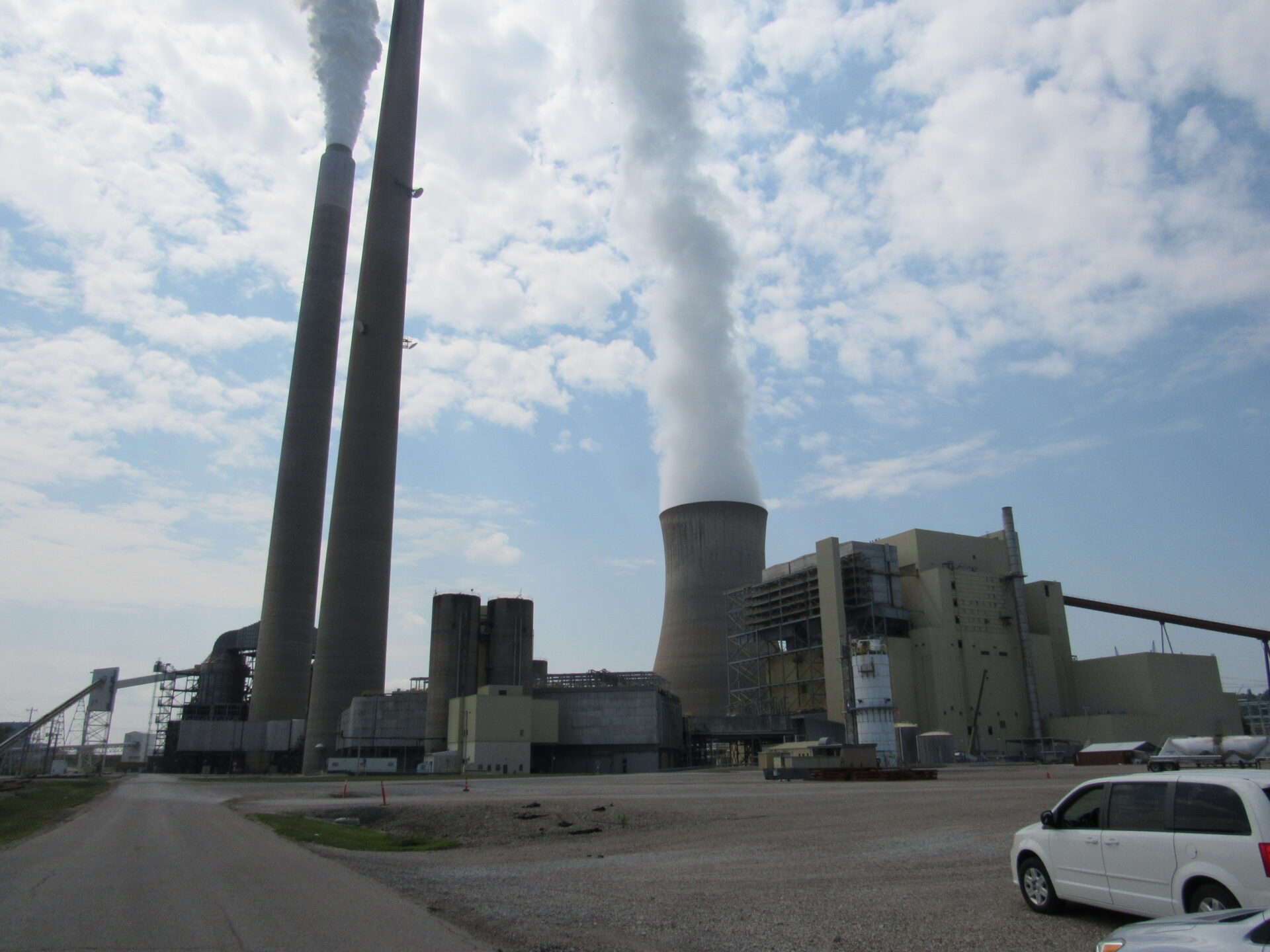The West Virginia Public Service Commission denied Appalachian Power’s request to recover $297 million from ratepayers in a case that’s generated significant public opposition.
Appalachian Power has testified to the commission that its coal supplies ran tight in late 2021 into 2022, and there were times when it could not run the plants.
The price of coal and natural gas spiked in late 2021 owing to a fast recovery in electricity demand after slumping during COVID-related closures. Russia’s invasion of Ukraine early last year also sent demand soaring and kept prices high.
Appalachian Power told the PSC it couldn’t get enough coal to fuel its John Amos, Mountaineer and Mitchell plants in West Virginia. Instead, it had to purchase power from the PJM regional grid and sought to pass along those costs to consumers.
Local governments, industrial customers, residents and consumer advocacy groups uniformly opposed the plan. If approved, it would have increased the average residential user’s monthly bill by about $18. Four public hearings were held on the request.
The PSC has been skeptical of Appalachian Power’s case. In late 2021, it stopped short of ordering the company to operate its coal plants 69 percent of the time, to take advantage of their perceived lower cost than purchased power.
It has questioned whether the company was idling the coal plants to meet the decarbonization goals of its corporate parent, American Electric Power.
Appalachian Power officials testified that decarbonization was not a reason.
The PSC is currently conducting a review to determine if the $297 million in extra costs were prudently incurred. Until then, the commission said in its ruling Friday that it will approve no further increases.
Appalachian Power has argued that deferring recovery of that balance will mean an even bigger balance to recover in the future — and a steeper increase for ratepayers.
The company is suing one of its largest coal suppliers, American Consolidation Natural Resources, in Columbus, Ohio, and the New York State Supreme Court.
A recent report by Energy Innovation Policy & Technology found that new solar and wind power would be cheaper than every operating coal plant in the state.
Appalachian Power is an underwriter of West Virginia Public Broadcasting.
